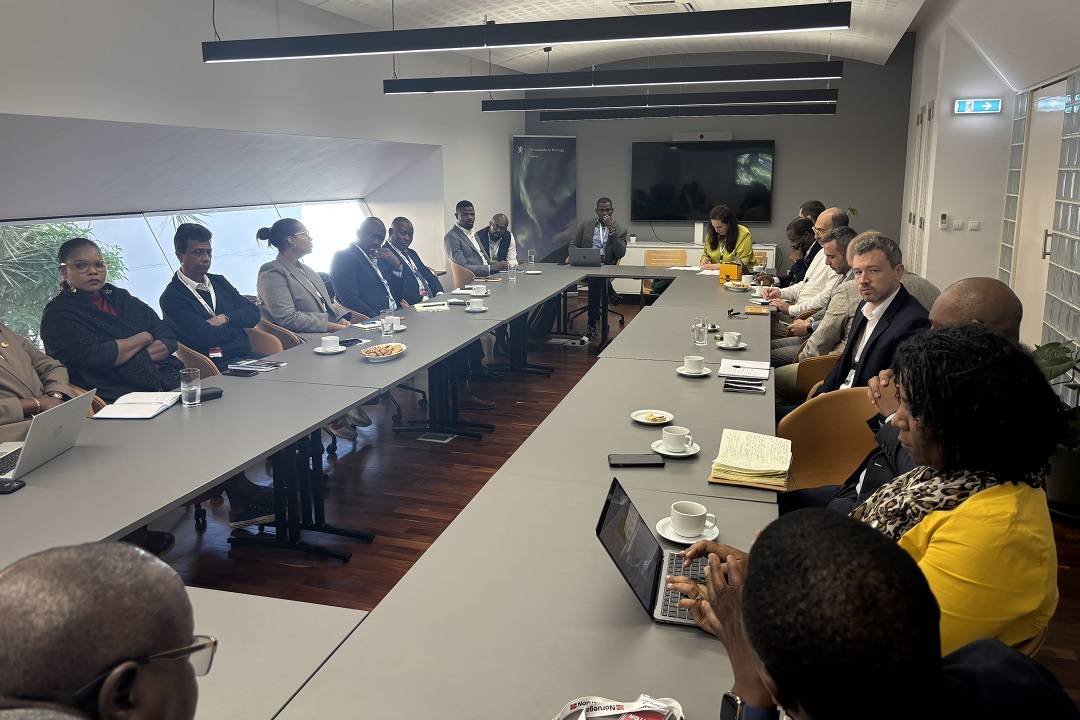Crime, Terror and Insecurity in Mozambique
This Whitehall Report provides a comprehensive analysis of Mozambique's complex and layered security landscape, emphasising the importance of local perspectives.
Mozambique faces an array of security challenges, from resilient illicit economies to an enduring kidnapping problem and a long running insurgency in the north. Many security challenges play out at community level, yet local perceptions and experiences of insecurity are underrepresented, with existing evidence based on top-down research privileging established donor and governmental narratives.
Drawing on research across Angoche, Maputo, Montepuez, Nacala and Pemba, this report gives voice to bottom-up perspectives. It does so by analysing local-level inputs and lived experience to provide a more holistic appraisal of the security landscape and support more effective interventions.
The findings depict a multilayered system of local-level insecurity, with lived experience of key harms varying across time and place. Across the board, interviewees expressed an overriding concern with petty crime, street-level insecurity, state abuses and corruption – with terrorism perceived, in all sites but Pemba, as a more peripheral issue. This speaks to a potential discordance with the dominant approach of national and international stakeholders – one perceived by many interviewees as reductionist in its primary focus on countering Islamic fundamentalism.
Many of the threats playing out at a local level were viewed as interconnected. Notably, endemic corruption was positioned as the foremost factor shaping local political economies, enabling many of the challenges cited, from kidnap-for-ransom to burglary and transnational trafficking flows. Beyond system-wide harms, interviewees described individual risks where entrenched perverse incentives were held to divert officials from public protection mandates. Echoing past studies, the professed result was deep-seated antipathy to state authority and a breakdown of trust between communities and the state.
Dissatisfaction with formal state provision was held to have triggered a search for alternative security structures. Interviewees described experiences of both private security provision and community self-policing initiatives – with a range of legitimacy and access issues raised. At times, these issues were described as themselves fuelling instability and violence, with further negative impacts on citizen security across the board.
At a deeper level, many forms of insecurity experienced at the local level were perceived as expressions of deep-seated, long-term trends. While appearing at times to represent discrete phenomena, these were understood to be shaped by the same enabling environment, as part of a continuum of violence and contestation based on grievances stretching back to Mozambique’s colonial experience. Here, elite capture of the state was presented as a key cross-cutting context of insecurity – with booming international investment, counterposed with entrenched political and economic marginalisation, held to aggravate latent tensions that could be exploited by criminal and insurgent actors.
Over the decades, national and international interventions were perceived as having ignored – and at times aggravated – these conditions. International stakeholders were frequently accused of overlooking corrupt behaviour and supporting a flawed security infrastructure, with harmful effects at the local level. Here, a clear sense of community-level exclusion from the design of security interventions was expressed, with a lack of understanding of local dynamics purportedly limiting the effectiveness of external programming and resulting in a range of harmful consequences.
Based on this research, the report presents the following recommendations for those engaged in national and international programming, mindful of the juxtaposition between existing approaches and the experiences of communities on the ground:
• External programming must be designed, adapted and validated based on meaningful local-level consultation that internalises the interests and lived experience of community actors across Mozambique.
• Efforts to professionalise law enforcement agencies must have at their core a focus on improving relations with the populations they are mandated to serve.
• Focused support should be provided to Mozambican civil society groups and NGOs performing potentially crucial roles in monitoring crime prevention and strengthening resilience.
• Technical assistance programming across Mozambique must take politics seriously, with interventions tailored to the political economies of key sectors and institutions at the local and national levels.
• International programming must better account for the role of some state actors in the production and maintenance of insecurity in Mozambique, and as potential spoilers in reform efforts.
• A focus on the drivers of crime and violence should be prioritised, with programming moving beyond symptoms to address underlying structural dynamics.
• Opportunities to address the role of local government and support decentralised structures capable of allowing meaningful popular participation should be explored.
• Regulation and oversight of private security companies should be strengthened to mitigate risks of human rights abuses.


This interactive summary draws on extensive fieldwork conducted from 2022–24 in two case study countries: Mozambique and Nigeria giving voice to some of the main themes and perspectives raised, in the words of research participants themselves.
WRITTEN BY
Cathy Haenlein
Director of Organised Crime and Policing Studies
Organised Crime and Policing
Dr Joana de Deus Pereira
Senior Research Fellow
RUSI Europe
Dr Liam O’Shea
Former RUSI Senior Research Fellow
Michael Jones
Senior Research Fellow
Terrorism and Conflict
- Jim McLeanMedia Relations Manager+44 (0)7917 373 069JimMc@rusi.org





